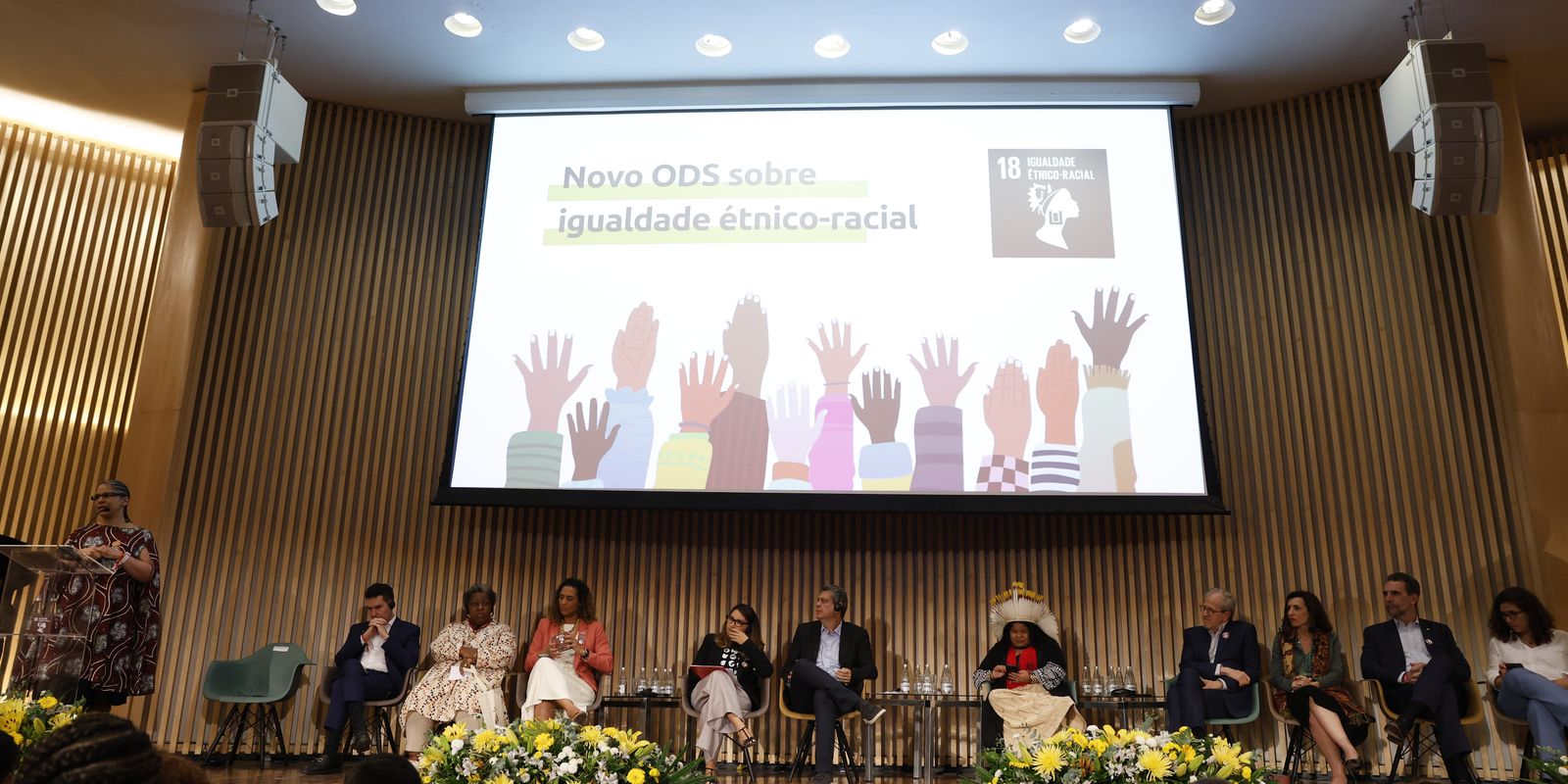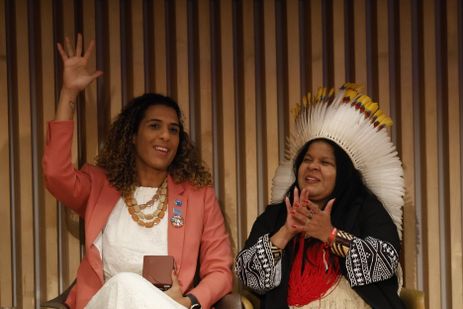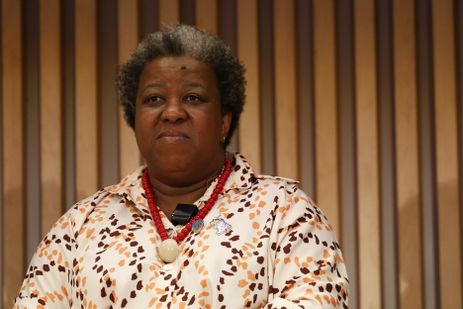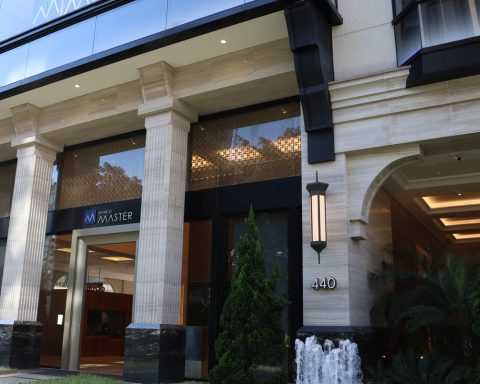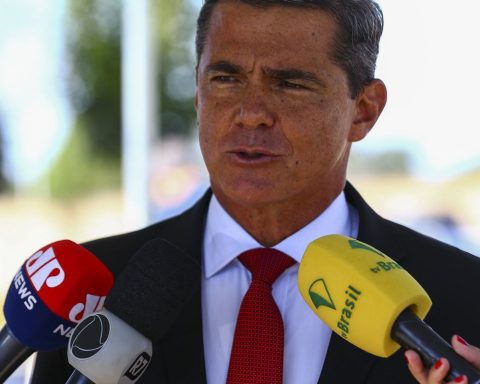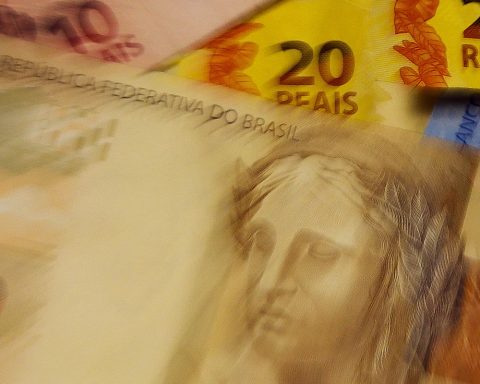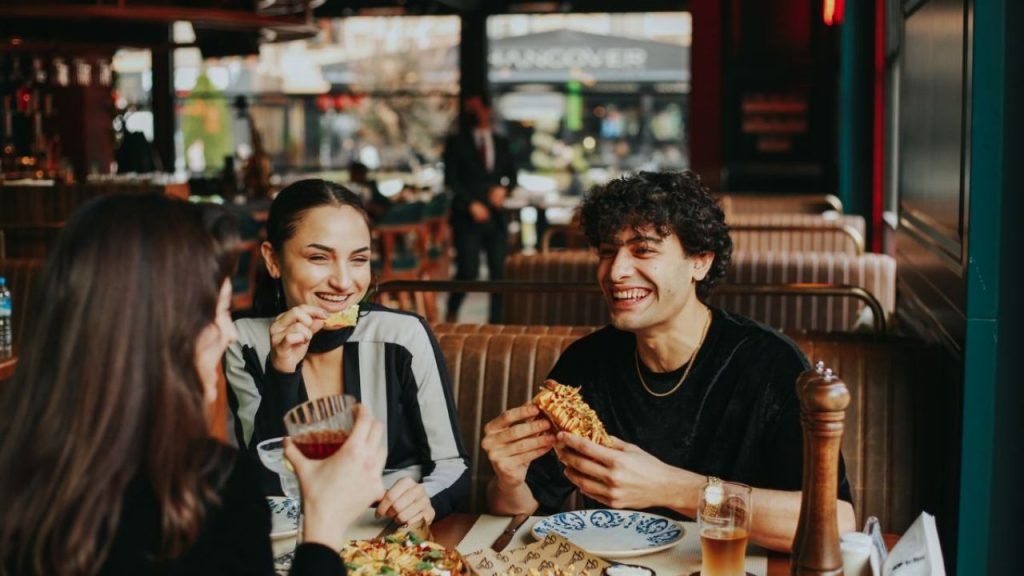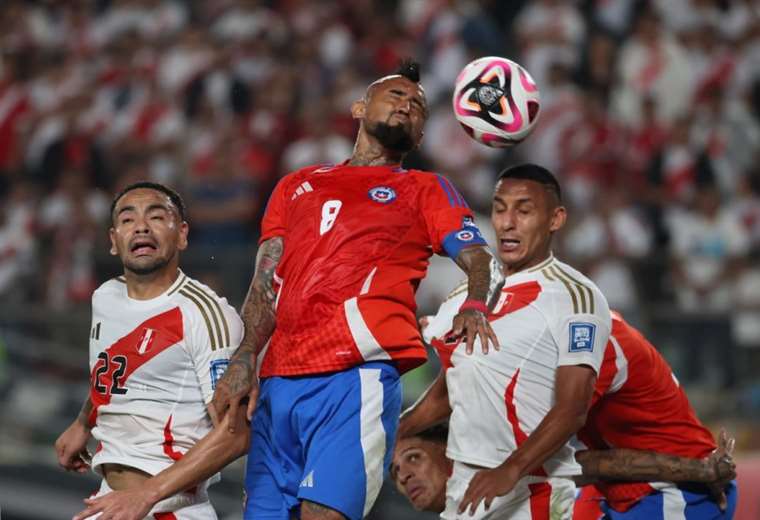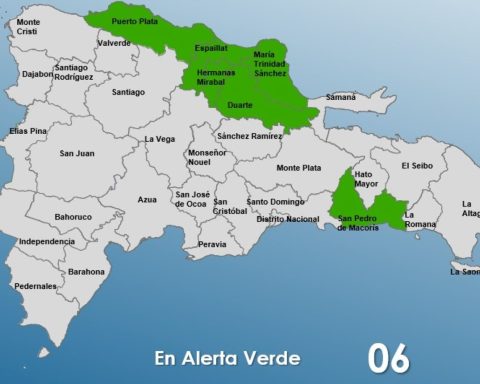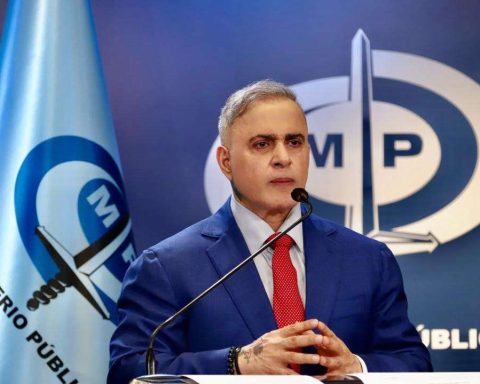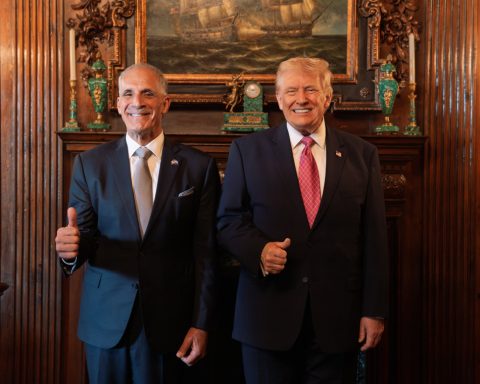The federal government presented this Friday (15), at the Museum of Tomorrow, in Rio de Janeiro, the voluntary adoption of an 18th Sustainable Development Goal (SDG) dedicated to ethnic-racial equality. It is inserted in the context of the United Nations (UN) Agenda 2030, which officially has 17 SDGs.
The creation of a new global goal is justified by the need to confront structural racism, considered one of the main development problems in the world. The action seeks to promote inclusive sustainable development for people of all races and ethnicities.
The event, which is part of the G20 Social program, was attended by government authorities, UN representatives in Brazil and members of organized civil society. The “2030 Agenda and the SDGs within your reach” booklet was also launched to make the public more familiar with the 2030 Agenda.
According to the organizers, the 2030 Agenda should be seen as a social and political tool in the fight against inequalities, with lasting effects and transformations.
“We need to think about building a world that respects us, that does not violate us or kill us. That’s why resistance is so important. We have to combat religious intolerance, racism and all types of violence that affect quilombolas and the people Thinking about coordinates within this place means we no longer open the newspapers and see black people or indigenous people murdered”, said Minister Anielle Franco, of Racial Equality.
“The SDG will promote structural debates that the world needs to recognize and value. Indigenous peoples, the black population, each one has their own reality and lifestyle. That, based on this SDG, we can discuss and face problems. We have laws, but they do not guarantee space and real presence. We are not just going to fight with debates and laws. We have to implement changes”, said Sônia Guajajara, Minister of Indigenous Peoples.
The Minister of Human Rights and Citizenship, Macaé Evaristo, compared in terms of importance the launch of SDG 18 with Law 10,639, of 2003, which dealt with the mandatory teaching of Afro-Brazilian culture.
For her, proposals, programs and laws are the initial step to promoting concrete changes in society.
“Often, people do not understand the importance of these formative milestones. But our struggles, pains and challenges were never registered. And it is the task of governments, the popular democratic field and the black movement to occupy these places and talk about the things that need to be said “, said Macaé Evaristo.
“We need to talk about how racism structures the world’s inequalities. It is used to produce hierarchies. The SDG comes to lead this debate within democracy and multilateralism”, he added.
The launch of SDG 18 was attended by Nokukhanya Jele, special advisor to the Presidency of the Republic of South Africa, the next country to assume leadership of the G20. She praised Brazil’s initiative to propose a global goal specifically aimed at combating inequalities in the world.
“Brazil’s decision to have an SDG on racial equality is fantastic. It addresses an issue that remains a contemporary challenge, which goes beyond all areas of our society. It is a global problem,” said Nokukhanya Jele.
“All humanity must be equally offended by racism. And we need to respond firmly whenever we have racist episodes anywhere in the world. I would like to thank Brazil for having SDG 18, because this will help us achieve our goals objectives.”
Other government representatives present at the event were the first lady Janja Lula da Silva, the minister of the General Secretariat of the Presidency of the Republic, Márcio Macêdo, the minister of Cities, Jader Barbalho Filho, representatives of the ministries of Agrarian Development and the Environment , and the Brazilian general director of Itaipu Binacional, Enio Verri.
